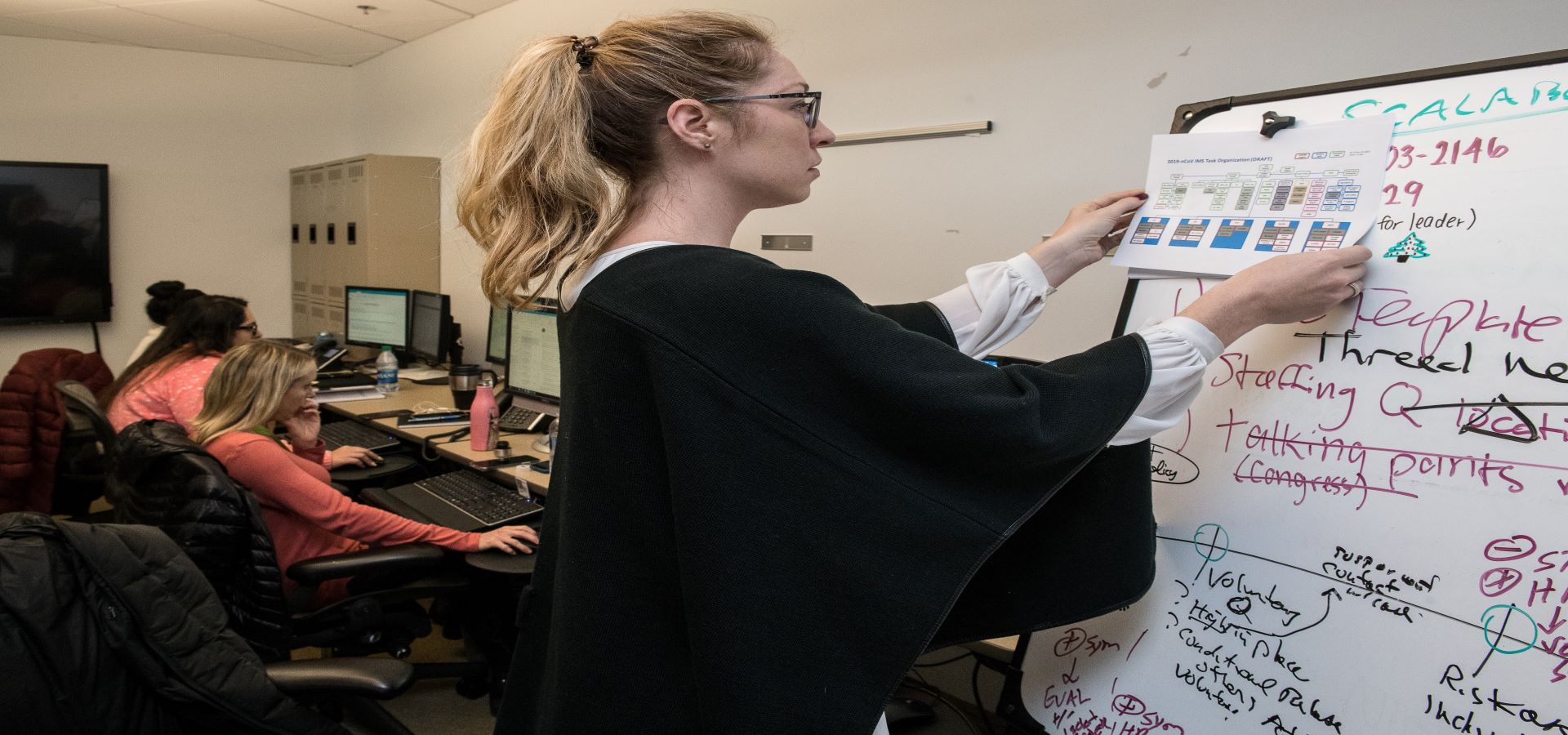It is estimated that 73% of the Portuguese population between the ages of 16 and 79 have inadequate health literacy, in other words, have difficulties in accessing, understanding and using health information. The result is from a study conducted by Dagmara Paiva, a researcher at the Instituto de Saúde Pública da Universidade do Porto (ISPUP), and a medical specialist in General and Family Medicine. The investigation also emphasizes that teaching health professionals to communicate with patients is key to alleviating the problem.
The study, developed under the PhD in Public Health, Universidade do Porto, aimed to produce a basis for the evaluation of health literacy in Portugal. To do this, the authors applied the Newest Vital Sign (NVS) test, consisting of a fictitious ice cream label and including questions such as “If you eat all of the ice cream in the package, how many calories are you consuming?” to a representative sample of the Portuguese population, which included 1544 individuals.
They found that three out of four Portuguese have inadequate health literacy and that low levels of literacy increase with advancing age. Moreover, the lower the educational level, the less skills people have in this area.
For example, in the population aged 16-44, the proportion of those with inadequate levels of health literacy ranges from 62% to 65%. This percentage increases and, in the age group between 65 and 79 years, corresponds to 94% of the population. Regarding education, among those who have less than the 4th grade completed, 97.5% have low health literacy. Conversely, among the population that has at least a complete undergraduate degree the health illiteracy rate drops to 44.5%.
The methodology applied in research has some limitations. As explained in the study, the NVS “was designed to assess individual reading comprehension and numeracy skills, a small part of the health literacy concept”. However, the results achieved do not lose relevance. The assessment of patients’ numerical skills may be critical to improving the appropriate use of medications and preventing dosing errors, which is in line with the objectives of the National Health Education, Literacy and Self-Care Program.
Improve the communication skills of health professionals
In order to improve the levels of health literacy of the Portuguese, it is necessary to invest in citizens’ education, but also in the communication skills of health professionals, stresses the study by Dagmara Paiva, who also focused on factors that facilitate and inhibit communication between people with type 2 diabetes and health professionals.
It has been found that patients identify aggressive communication in the office as a barrier to communication, but practitioners sometimes see it as a facilitator because they understand that it can encourage behavior change in patients.
The researcher points out that it is important to include communication subjects in the mandatory curriculum of medical courses, as well as in continuing medical education programs, so that professionals can better communicate with patients.
This latest study, accepted for publication in the journal Health Services Research, also emphasized that patients overestimate the role of the physician-patient relationship as a facilitator of communication in a medical appointment, particularly the clinical skills of active listening, empathy and respect for their preferences and decisions.
The work entitled Lost in translation: health literacy in type 2 diabetes mellitus care was supervised by the researcher Ana Azevedo and co-supervised by Susana Silva, both from ISPUP.
Image: Pixabay/rawpixel



